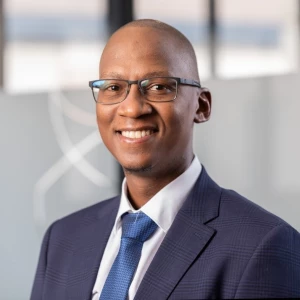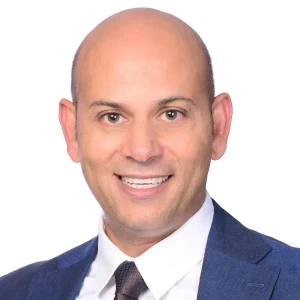I totally get that you have to prepare two situations, that align with McKinsey‘s values.
But how do i practice the ,followup‘ questions?
Has anyone any tips?
Much appreciated!
:)
How do i best prepare for McKinseys Personal Experience questions?


Hey!
To prepare for McKinsey's Personal Experience Interview (PEI) and follow-up questions, I advise my mentees to focus on these strategies:
- Prepare Detailed Stories: Craft two stories for each of McKinsey’s core values: e.g., Inclusive Leadership, Personal Impact, Entrepreneurial Drive. Ensure they are specific, structured (using STAR helps a lot: Situation, Task, Action, Result), and showcase your direct contribution.
- Anticipate Follow-up Questions:
- McKinsey interviewers dig deep, so expect questions about your thought process, decision-making, and challenges faced. Practice explaining why you took specific actions and how you influenced others.
- Example follow-ups:
- "What was the hardest part about xy?"
- "Why did you choose this approach?"
- "How did others react, and how did you manage that?"
- "What would you do differently?"
- Practice with a Partner: Have someone role-play as the interviewer, asking not just about the initial story but also probing deeply into your reasoning, actions, and outcomes.
- Self-Reflection: Think through your stories thoroughly. Ask yourself "why" after every key point to be prepared for follow-ups on motivation, challenges, and impact.
- Be Honest and Consistent: McKinsey values authenticity, so ensure your responses are genuine and aligned with the values you highlight.
Practicing this way will help you feel more confident and prepared for the depth of McKinsey’s follow-up questions. Let me know if you have further questions! Happy to help out :)
Alessa

Hi there,
Please have a look at the following article on the PEI to create your stories: McKinsey PEI (Personal Experience Interview)
For the follow-up questions, deeply consider the reasons for your actions and a few other things:
- Why did you do that/act in a certain way/say that?
- What did you/they feel at that moment?
- How did you/they react?
Have a friend, peer, coach ask you these questions to test your stories.
All the best,
Florian

Hi there,
I would be happy to share my thoughts on your question:
- First of all, when it comes to practicing possible follow-up questions, I would be happy to read your situations and ask you follow-up questions that I have in mind.
- Moreover, however, the better and more detailed you present your situations, the fewer or no follow-up questions will be asked.
You can find more on this topic here: How to succeed in the final interview round.
If you would like a more detailed discussion on how to best prepare for your upcoming McKinsey case study and personal experience interviews, please don't hesitate to contact me directly.
Best,
Hagen

Hey there,
The follow up questions are designed to get deeper insights as to your views and thoughts on a specific situation. These could tell the interviewer how you interpret and analyse situations, or what you think about when things happen, and / or how you validate or perceive things.
So when trying to practice for follow-ups, think holistically around what your views and thoughts were to what was happening in your stories with relation to other people and events, etc.
All the best!














